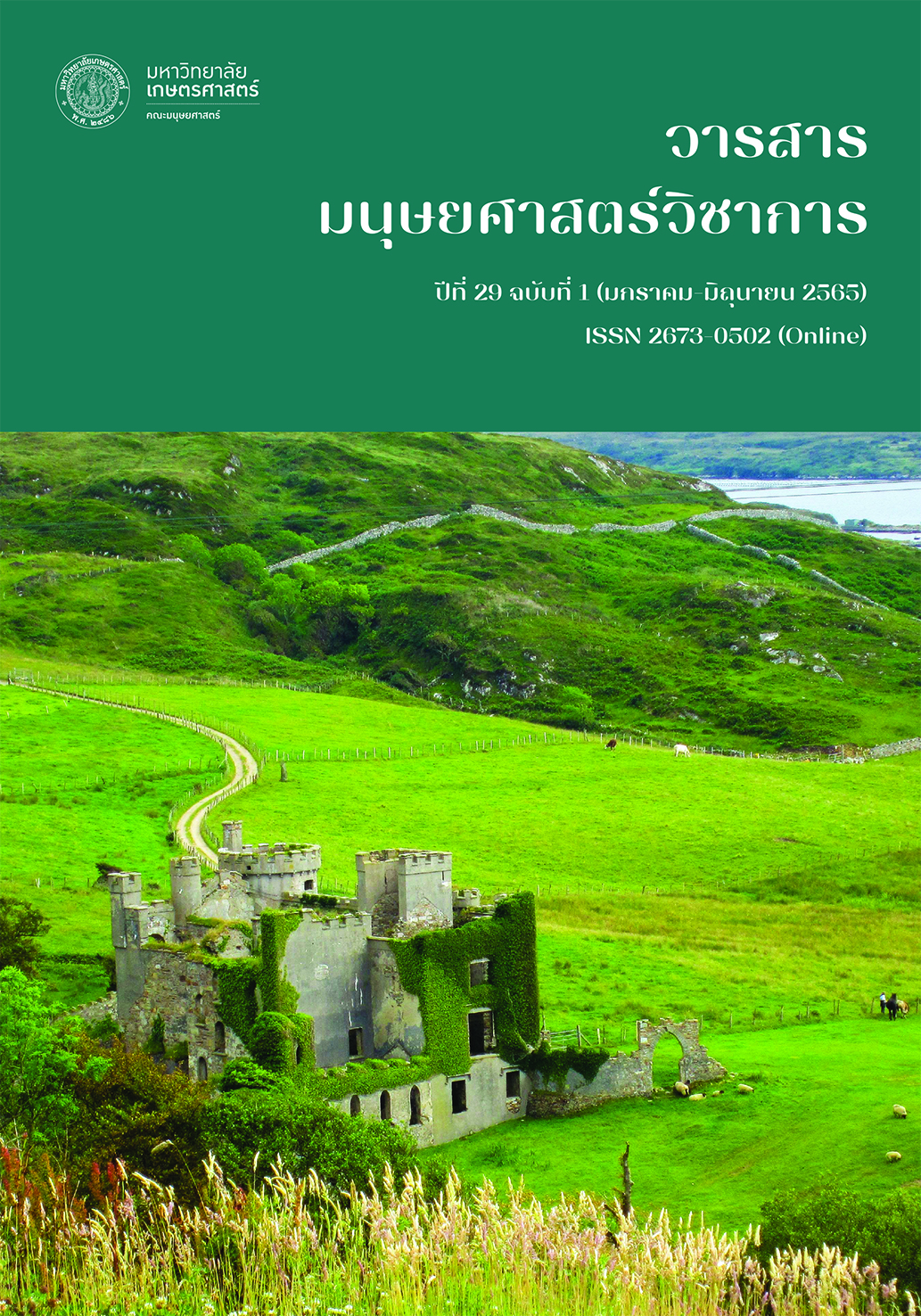A Portrayal of Power Relations and Aetonormativity in Diana Wynne Jones’s Chrestomanci Series
Main Article Content
Abstract
The growing interest in and the expanding market of children’s literature have established the genre as a major part of the publishing business. In the academic realm, scholars have applied existing literary and cultural theoretical concepts to the study of children’s literature to formulate a specific literary theory for the field. Attempts have also been made to understand its narratological methods and functions. However, the general application of existing theoretical perspectives onto the works of children’s literature, so far, has not focused on their socio-ideological influences.
This research paper specifically draws on the existing modalities of power and ideology conceptualized by Michel Foucault and Maria Nikolajeva’s concept of ‘aetonormativity’ to examine the relations of power between adult and child protagonists in Diana Wynne Jones’s Chrestomanci series. Repression and subversion of power are portrayed through adult and child characters in Jones’ fantasy works for children and are represented throughout the development of Jones’ fantasy novels series consisting of seven books written from 1977 to 2006. The portrayal of adult villains’ influence and the manipulative use of power calls for a deconstructive view toward adults who refuse the position of righteous authority, in contrast to a representation of children who, as in most fantasy works, are subsumed under the influence of ideologies and the authority of adults. A study of this role reveals the use of children’s literature as an ideological platform to support children’s growth into adulthood. The texts communicate the importance of self- recognition and the ability to be critical of the adult counterpart. This role reversal and ideological reading reveal an alternative critical perspective on the tendency of texts for children which are normally created under the concept of adult’s normativity.
Article Details

This work is licensed under a Creative Commons Attribution-NonCommercial-NoDerivatives 4.0 International License.
References
Baum, L. F. (1900). The Wonderful Wizard of Oz: G.M. Hill Company.
Butler, C., & Reynolds, K. (2014). Modern Children’s Literature: An Introduction. Basingstoke: Palgrave Macmillan.
Ed. Charlie Butler, H. O. D., and Maureen Kincaid Speller. (2010). Power Plays: Paaradigm of Power in The Pinhoe Egg and The Merlin Conspiracy. Journal of the fantastic in the Arts, 21(2), 169-186.
Foucault, M. (1977). Discipline and Punish: The Birth of the Prison. New York: Knopf Doubleday Publishing Group.
Foucault, M., Faubion, J. D., & Hurley, R. (2000). Power. New York: New Press.
Gascoyne, D. (2010). “Why don’t you be a tiger?”: The Performative, Transformative, and Creative Power of the Word in the Universes of Diana Wynne Jones. Journal of the fantastic in the Arts, 21, 2(79), 210-220.
Hixon, M. P. (2010). Power Plays: Paradigms of Power in “The Pinhoe Egg” and “The Merlin Conspiracy”. Journal of the fantastic in the Arts, 21, 2(79), 169-186.
Hollindale, P. (2011). The Hidden Teacher: Ideology and Children’s Reading. Woodchester: Thimble Press.
Jones, D. W. (1977). Charmed Life (The Chrestomanci Series, Book 1). New York: HarperCollins Publishers.
Jones, D. W. (1980). The Magicians of Caprona (The Chrestomanci Series, Book 2). New York: HarperCollins Publishers.
Jones, D. W. (1982). Witch Week (The Chrestomanci Series, Book 3). New York: HarperCollins Publishers.
Jones, D. W. (1988). The Lives of Christopher Chant (The Chrestomanci Series, Book 4). New York: HarperCollins Publishers.
Jones, D. W. (1997). Deep Secret. New York: Tom Doherty Associates.
Jones, D. W. (2004). The Merlin Conspiracy. New York: Turtleback.
Jones, D. W. (2005). Conrad’s Fate (The Chrestomanci Series, Book 6). New York: HarperCollins Publishers.
Jones, D. W. (2006). The Pinhoe Egg (The Chrestomanci Series, Book 7). New York: HarperCollins Publishers.
Jones, D. W. (2012). Reflections: On the Magic of Writing. New York: Greenwillow Books.
Nikolajeva, M. (2000). From Mythic to Linear: Time in Children’s Literature. London: Children’s Literature Association.
Nikolajeva, M. (2010). Power, Voice and Subjectivity in Literature for Young Readers. New York: Taylor & Francis.
Pesold, U. (2017). The Other in the School Stories: A Phenomenon in British Children’s Literature. Leiden: Brill.
Rosenberg, T., Hixon, M. P., Scapple, S. M., & White, D. R. (2002). Diana Wynne Jones: An Exciting and Exacting Wisdom. New York: P. Lang.
Trites, R. S. (2000). Disturbing the Universe: Power and Repression in Adolescent Literature. Iowa: University of Iowa Press.


